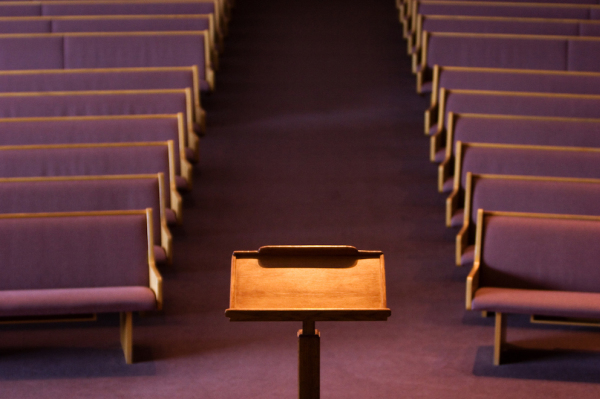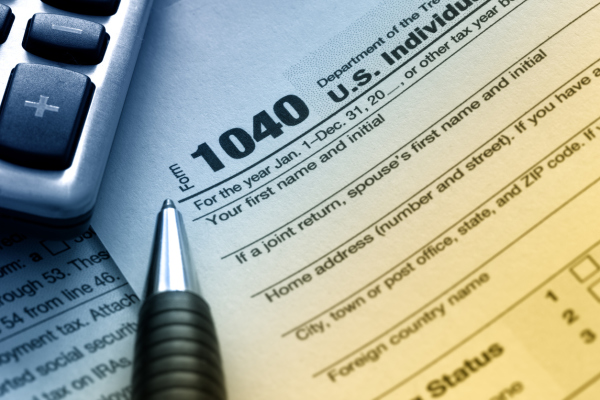Possible Internet Blackout: Facebook, Twitter and YouTube Users to Suffer
Some of the internet’s most popular sites, including Facebook and Google, are considering a plan to collectively blackout their sites in response to a looming piracy bill.
The U.S. Senate will soon be debating the Stop Online Piracy Act (SOPA), a bill aimed to put an end to online theft. SOPA would require Internet Service Providers (ISP) to block access to sites infringing on copyrights, but it is not disclosed how the bill will do so, to the chagrin of many ISPs.
Although the motion picture and recording industries fully back the bill, many of the internet’s biggest sites say the bill could restrict some of America’s law-abiding companies and change the internet as many of its users know it.
“Mozilla had a blackout day and Wikipedia has talked about something similar,” Markham Erickson, executive director of NetCoalition, a trade association that includes Yahoo, Google, Twitter and PayPal, told FoxNews.com on Friday. "A number of companies have had discussions about that," Erickson added.
Facebook, Twitter, Google, Yahoo, AOL, Zynga, eBay, Mozilla, and LinkedIn wrote a letter to Washington on November 15 expressing their dire issues over SOPA.
"We are concerned that these measures pose a serious risk to our industry's continued track record of innovation and job-creation, as well as to our Nation's cybersecurity," the letter read.
Most major media companies, often the victims of piracy, as well as CVS, Adidas, News Corp., and more back the bill, which the Senate will debate in January.
One supporter of the bill says legal web giants have nothing to worry about.
"SOPA targets foreign websites that sell counterfeit drugs and stolen copies of Hollywood movies -- not such American web sites as YouTube or your favorite blog," Richard Bennett, senior research fellow at the Information Technology & Innovation Foundation, wrote in a New York Post editorial.
"Internet criminals selling bogus drugs or pirated movies simply set up shop in China or a distant island republic, knowing that they won't be harassed by law enforcement regardless of how many U.S. lives or jobs they endanger," Bennett added.
Erickson disagrees, labeling the bill “special interest legislation.”
“This type of thing doesn’t happen because companies typically don’t want to put their users in that position,” Erickson explained to FOXNews.com. “The difference is that these bills so fundamentally change the way the Internet works. People need to understand the effect this special-interest legislation will have on those who use the Internet.”
Google co-founder Sergey Brin has also publicly denounced the bill.
“While I support their goal of reducing copyright infringement (which I don't believe these acts would accomplish), I am shocked that our lawmakers would contemplate such measures that would put us on a par with the most oppressive nations in the world,” Brin wrote earlier this month on Google+.
Erickson told FOXNews.com these reactions are “just the tip of the iceberg in terms of response.”
“People take the Internet very personally," Erickson said. “It’s a very important part of their lives."





















